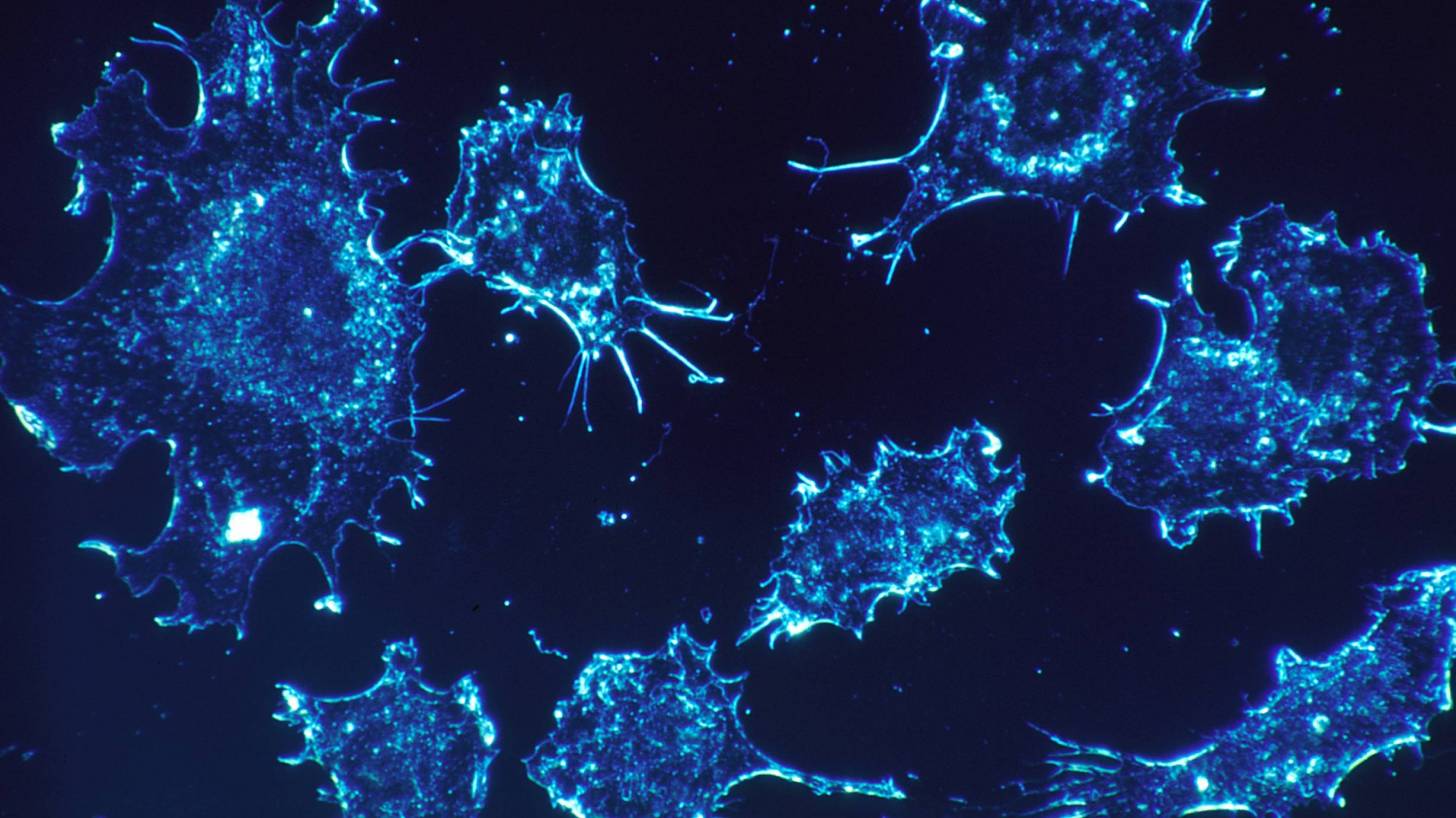Nano-Vaccines Against Melanoma Possible

Researchers at Tel Aviv University (TAU) announced they have developed a novel nano-vaccine for melanoma, the most aggressive type of skin cancer.
Their innovative approach published in Nature Nanotechnology on August 5, 2019, has so far proven effective in preventing the development of melanoma in mouse models and in treating primary tumors and metastases, that result from melanoma.
The focus of this research is on a nanoparticle (nano-vaccines) that serves as the basis for the new vaccine.
Prof. Ronit Satchi-Fainaro, head of the Laboratory for Cancer Research and Nanomedicine at TAU's Sackler Faculty of Medicine, said in a press release, "In our study, we have shown for the first time that it is possible to produce an effective nano-vaccine against melanoma and to sensitize the immune system to immunotherapies."
The researchers harnessed tiny particles, about 170 nanometers in size, made of a biodegradable polymer. Within each particle, they "packed" two peptides -- short chains of amino acids, which are expressed in melanoma cells. They then injected the nanoparticles into a mouse model bearing melanoma.
"The nanoparticles acted just like known vaccines for viral-borne diseases," Prof. Satchi-Fainaro explains.
"They stimulated the immune system of the mice and the immune cells learned to identify and attack cells containing the two peptides -- that is, the melanoma cells. This meant that, from now on, the immune system of the immunized mice will attack melanoma cells if and when they appear in the body."
The researchers then examined the effectiveness of the vaccine under 3 different conditions, which are as follows:
- First, the vaccine proved to have prophylactic effects. The vaccine was injected into healthy mice, and an injection of melanoma cells followed. "The result was that the mice did not get sick, meaning that the vaccine prevented the disease," says Prof. Satchi-Fainaro.
- Second, the nanoparticle was used to treat a primary tumor: A combination of the innovative vaccine and immunotherapy treatments was tested on melanoma model mice. The synergistic treatment significantly delayed the progression of the disease and greatly extended the lives of all treated mice.
- Finally, the researchers validated their approach on tissues taken from patients with melanoma brain metastases. This suggested that the nano-vaccine can be used to treat brain metastases as well. Mouse models with late-stage melanoma brain metastases had already been established following excision of the primary melanoma lesion, mimicking the clinical setting.
"Our research opens the door to a completely new approach -- the vaccine approach -- for effective treatment of melanoma, even in the most advanced stages of the disease," concludes Prof. Satchi-Fainaro.
"We believe that our platform may also be suitable for other types of cancer and that our work is a solid foundation for the development of other cancer nano-vaccines."
Skin cancer is the most common form of cancer in the United States, says the Centers for Disease Control and Prevention (CDC). The 2 most common types of skin cancer—basal cell and squamous cell carcinomas—are highly curable, but can be disfiguring and costly to treat.
Melanoma is the 3rd most common skin cancer, is more dangerous and causes the most deaths.
Melanoma begins in the melanocytes, which are the cells that make melanin, the pigment that gives skin its color.
In 2016, the latest year for which incidence data are available, 82,476 new cases of Melanomas of the skin and 8,188 related fatalities were reported in the USA.
This project was funded by EuroNanoMed-II, the Israeli Ministry of Health, the Portuguese Foundation for Science and Technology, the Israel Science Foundation, the European Research Council Consolidator, and Advanced Awards, the Saban Family Foundation-Melanoma Research Alliance Team Science Award, and the Israel Cancer Research Fund.
American Friends of Tel Aviv University supports Israel's most influential, comprehensive and sought-after center of higher learning, Tel Aviv University.
Our Trust Standards: Medical Advisory Committee

























